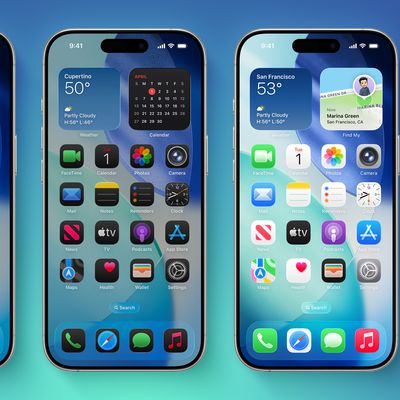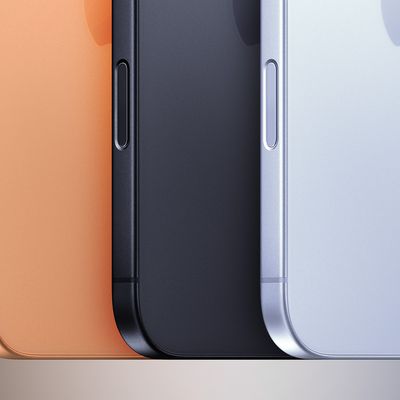Intel's 'Ivy Bridge' Platform to Utilize 3-D Transistors
Intel today
announced that its next-generation "Ivy Bridge" platform will incorporate new technology allowing a 3-D transistor structure known as "Tri-Gate", significantly boosting performance and efficiency. While Intel disclosed its work on 3-D transistors nearly a decade ago, the technology has finally reached the point where it can be deployed into mass production.
Intel's 3-D Tri-Gate transistors enable chips to operate at lower voltage with lower leakage, providing an unprecedented combination of improved performance and energy efficiency compared to previous state-of-the-art transistors. The capabilities give chip designers the flexibility to choose transistors targeted for low power or high performance, depending on the application.
The 22nm 3-D Tri-Gate transistors provide up to 37 percent performance increase at low voltage versus Intel's 32nm planar transistors. This incredible gain means that they are ideal for use in small handheld devices, which operate using less energy to "switch" back and forth. Alternatively, the new transistors consume less than half the power when at the same performance as 2-D planar transistors on 32nm chips.
At a special media event today, Intel demonstrated the first 22-nm Ivy Bridge processor utilizing the technology, with high-volume production of the platform set for the end of the year. Intel is also aggressively moving the Tri-Gate technology into its Atom platform for mobile devices to deliver significant performance and efficiency improvements.
Popular Stories
A new Apple TV is expected to be released later this year, and a handful of new features and changes have been rumored for the device.
Below, we recap what to expect from the next Apple TV, according to rumors.
Rumors
Faster Wi-Fi Support
The next Apple TV will be equipped with Apple's own combined Wi-Fi and Bluetooth chip, according to Bloomberg's Mark Gurman. He said the chip supports ...
The long wait for an Apple Watch Ultra 3 is nearly over, and a handful of new features and changes have been rumored for the device.
Below, we recap what to expect from the Apple Watch Ultra 3:Satellite connectivity for sending and receiving text messages when Wi-Fi and cellular coverage is unavailable
5G support, up from LTE on the Apple Watch Ultra 2
Likely a wide-angle OLED display that ...
Apple's next-generation iPhone 17 Pro and iPhone 17 Pro Max are only two months away, and there are plenty of rumors about the devices.
Below, we recap key changes rumored for the iPhone 17 Pro models.
Latest Rumors
These rumors surfaced in June and July:A redesigned Dynamic Island: It has been rumored that all iPhone 17 models will have a redesigned Dynamic Island interface — it might ...
Apple will launch its new iPhone 17 series in two months, and the iPhone 17 Pro models are expected to get a new design for the rear casing and the camera area. But more significant changes to the lineup are not expected until next year, when the iPhone 18 models arrive.
If you're thinking of trading in your iPhone for this year's latest, consider the following features rumored to be coming...
Apple previously announced that a public beta of iOS 26 would be available in July, and now a more specific timeframe has surfaced.
Bloomberg's Mark Gurman today said that Apple's public betas should be released on or around Wednesday, July 23. In other words, expect the public betas of iOS 26, iPadOS 26, macOS 26, and more to be available at some point next week.
Apple will be releasing...
We may finally have a definitive list of all color options for the iPhone 17 series, ahead of the devices launching in September.
MacRumors concept
In a report for Macworld today, Filipe Espósito said he obtained an "internal document" that allegedly reveals all of the color options for the upcoming iPhone 17, iPhone 17 Air, iPhone 17 Pro, and iPhone 17 Pro Max models.
The report includes ...
Apple today said its store at the Westfield Hornsby shopping mall, in Hornsby, Australia, will be permanently closing in October.
Apple Hornsby
In a statement shared with Australian tech news website EFTM (via Reddit), Apple said that it has decided not to renew its lease at Westfield Hornsby. Apple said all affected retail employees will be given the opportunity to work at Apple's nearby...



















